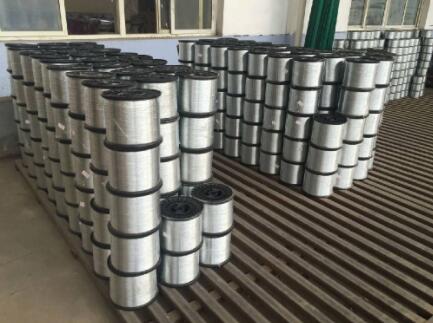Choosing the Right Drywall Screws A Comprehensive Guide
When it comes to drywall installation, one of the most crucial factors that can influence the integrity and longevity of your walls is the choice of screws. While it may seem like a small detail, selecting the right drywall screws is essential for ensuring a smooth finish and sturdy construction. In this article, we will explore the different types of drywall screws, their applications, and tips for choosing the right screws for your project.
Types of Drywall Screws
There are primarily two types of drywall screws coarse-thread screws and fine-thread screws. Understanding these types will help you determine which is best suited for your project.
1. Coarse-Thread Screws These screws have deep, spaced threads that make them ideal for attaching drywall to wooden studs. The coarse threads grip the wood effectively, providing a secure hold. Coarse-thread screws are typically used in most residential projects where the framing is done with wood.
2. Fine-Thread Screws Fine-thread screws have closely spaced threads and are designed for use with metal studs. They provide a strong hold without over-penetrating the metal, which helps prevent damage. Fine-thread screws are best for commercial projects or any installation where metal framing is used.
Screw Length and Size
The choice of screw length is also critical. For standard 1/2-inch drywall, 1 1/4-inch screws are the most commonly recommended length. For thicker drywall, such as 5/8-inch panels, it’s advisable to use 1 5/8-inch screws. It’s essential to consider the thickness of the drywall and the surface material underneath when selecting screw length. Ensuring that the screw penetrates adequately into the support (be it wood or metal) is key to maintaining a secure installation.
Material and Coating
Most drywall screws are made from steel, but they can vary in their coating
. Here are some common finisheswhat drywall screws to use

- Zinc-Plated These screws are coated to prevent rust and corrosion, making them ideal for use in areas with higher humidity. - Phosphate-Coated This type of screw is designed to resist rust and is commonly used for better adhesion of joint compound during finishing. - Black-Phosphate Even more resistant to rust, these screws are suitable for environments where moisture is a concern.
Self-Drilling vs. Regular Screws
In recent years, self-drilling drywall screws have gained popularity. Unlike traditional screws, self-drilling screws feature a drill bit-like tip that allows them to pierce through the drywall and into the framing without needing a pre-drilled pilot hole. This can save time and effort, especially in thicker materials. However, they can be more expensive, so you’ll need to weigh the cost against the convenience they provide.
Best Practices for Using Drywall Screws
1. Spacing When installing drywall, screws should be placed every 12 to 16 inches along the studs. For ceilings, you may want to reduce the spacing to every 8 to 12 inches to prevent sagging.
2. Depth The screws should be driven just below the surface of the drywall without breaking the paper. Overdriving can lead to damage and will make taping and finishing more difficult.
3. Using a Screw Gun For efficiency and consistency, consider using a screw gun or a drywall screwgun. These tools are specifically designed to drive screws quickly and consistently without damaging the drywall.
Conclusion
Choosing the right drywall screws is vital for any drywall installation project, whether you’re a seasoned professional or a DIY enthusiast. By understanding the types of screws available, their appropriate applications, and best practices, you can ensure a successful installation. Whether you’re attaching drywall to wooden or metal studs, selecting the right screws can help achieve a sturdy and smooth finish that stands the test of time. Remember, investing time and attention into this small detail can make a significant difference in the overall quality of your project. Happy DIYing!

















